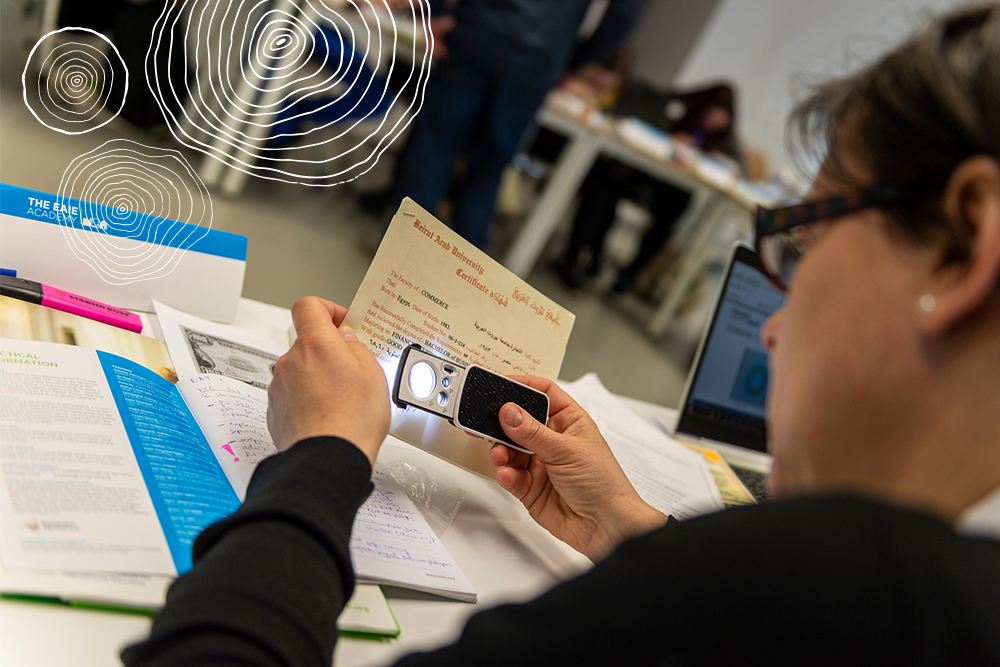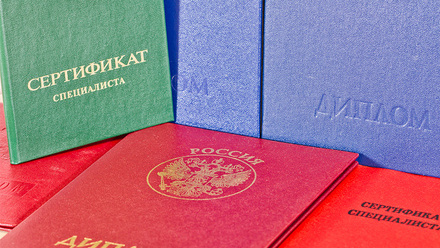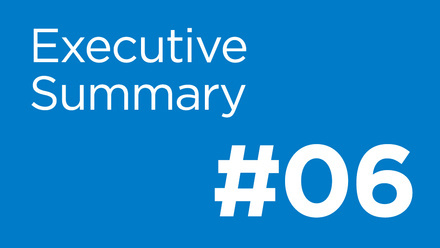New tools for the credential evaluator’s toolbox

In the world of mobility, credential evaluators find themselves on the forefront of ensuring both the accuracy of academic qualifications and the fair treatment of students. While the basic principles that have guided international credential evaluation have remained the same over the decades, the documentation and tools used for evaluation have transformed – and thus credential evaluators must evolve with these trends.
In our diverse and rapidly changing world, credential evaluators are faced with a variety of challenges, from fraudulent credentials to documents that are missing entirely. No matter the situation, evaluators are expected to handle it in an effective and fair manner, ensuring that their institution and the applicant get the correct and relevant information about the qualification obtained in another country. All of this of course depends on up-to-date information, resources and tools.
New tools and new challenges
Traditionally, original documents in a sealed envelope from an issuing institution have been the gold standard, and the verification process often included sending copies of documents to the institution that issued them for verification of authenticity. Today, however, there are several organisations worldwide committed to digital data portability, and there are national, regional and international bodies as well as government agencies, private groups and education institutions developing data depositories or verification services.
The number of online tools available for credential evaluation have grown significantly in the past years. The tools we use in our work as credential evaluators, both at higher education institutions and at recognition agencies like ENIC-NARIC offices, are as varied and intricate as the educational systems themselves. This means that credential evaluators need not only expertise in formal credentials and educational systems, but also familiarity with current trends and available online information and verification resources.
At the same time, in a world of upheaval caused by wars and natural disasters, groups of applicants with inadequately documented files are growing. Without proper documentation of qualifications, displaced persons and refugees are at a disadvantage both within the labour market and if they wish to pursue further studies.
Overcoming challenges with wide-scale recognition services
Recognition of qualifications is still one of the main education challenges for migrants, according to the 2019 UNESCO Global Education Monitoring Report and its new policy paper entitled ‘What a waste’. The issue is receiving increasing attention, and the recent intergovernmental Global Compact for Safe, Orderly and Regular Migration includes the facilitation of mutual recognition of skills, qualifications and competences as one of its 23 objectives.
Handling files that cannot be adequately documented, requires good knowledge of the educational system on the part of credential evaluators, as well as an understanding of the historical and political context in the country where the qualification is coming from. In addition, alternative evaluation methods, like interviews, are becoming more common.
Interview-based methods for evaluation of refugees’ qualifications, known as Qualifications Passport for Refugees, were successfully implemented in Norway by NOKUT (the Norwegian ENIC-NARIC) in 2016. The methodology is also fundamental in the Council of Europe’s scheme, known as European Qualifications Passport for Refugees, joined by the ENIC-NARIC centres of Armenia, Canada, France, Germany, Greece, Italy, the Netherlands, Norway and the UK.





